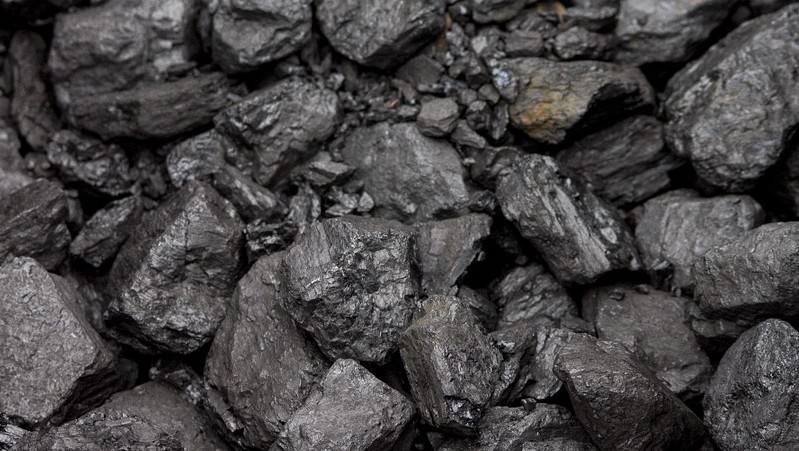This week, negotiators are gathered in Germany for the annual UN climate change conference. If previous meetings are any indication, the negotiating halls will be strangely silent on one obvious contributor to climate change: fossil fuel production.
Oil, gas and coal production have long been ignored in global climate talks, largely to avoid conflict between fossil fuel producing nations and the rest of the world. In fact, the text of the Paris Agreement on climate change doesn’t include the phrase “fossil fuels.”
This silence can’t continue forever. Evidence shows that we need to slow the development of fossil fuel resources to meet the Agreement’s goals. It’s time for world leaders – through the UN Framework Convention on Climate Change (UNFCCC) – to admit the problem and work on the solution.
Now is an opportune moment. UNFCCC negotiators are developing the “rulebook” for delivering the Paris Agreement. If these hard-fought rules for implementing Paris do not consider fossil fuel production now, it is unlikely that countries will revise them any time soon. By that time, it could be too late – an orderly, managed decline in fossil fuels may no longer be possible while still keeping warming below 2C.
But we have options. While the Paris Agreement doesn’t mention fossil fuels by name, it does provide many opportunities to phase-down fossil fuel production – if climate negotiators use the options at their disposal.
Peter Erickson is discussing this issue with Pacific island leaders and civil society representatives at a panel event in the Talanoa Space, Bonn zone at 17:30 on Wednesday 8 November.
In a new SEI paper, we detail these opportunities. Some are remarkably simple: countries, for example, could add targets for phasing down fossil fuel production to the commitments they have already made under the Paris Agreement. Currently, those commitments – called nationally determined contributions (NDCs) – only outline countries’ goals to reduce greenhouse gas emissions.
This would provide an important signal to other nations that a transition away from fossil fuels is underway. Through this and other unilateral actions – such as limiting new fossil fuel infrastructure and removing subsidies – countries can act now without waiting for international agreement.
Collectively, nations could track fossil fuel production in the planned “global stocktake” – a check-in every five years on progress towards the Paris Agreement goals. There is no reason why the stocktake couldn’t include monitoring the alignment of fossil fuel production with temperature reduction goals.
Countries also could ensure some of the financial resources promised under the Agreement are used to support nations moving away from fossil fuels. For instance, countries could earmark some of these resources for a “just transitions” fund, which could be used to help ensure workers and communities hit hardest by an energy transition are not left behind.
There is momentum building for a global phase-down of fossil fuel extraction. France has proposed a ban on oil and gas exploration, India has placed a tax on coal, and Pacific Island nations have raised the idea of an international fossil fuel treaty. More than forty countries signed up to a Communiqué by the Friends of Fossil Fuel Subsidy Reform, which calls for ending the use of inefficient fossil fuel subsidies.
Let’s build on this progress and carry this momentum into the negotiating room. It’s time for nations that are willing to lead to stand up.
Georgia Piggot and Peter Erickson are staff scientists at the Stockholm Environment Institute
